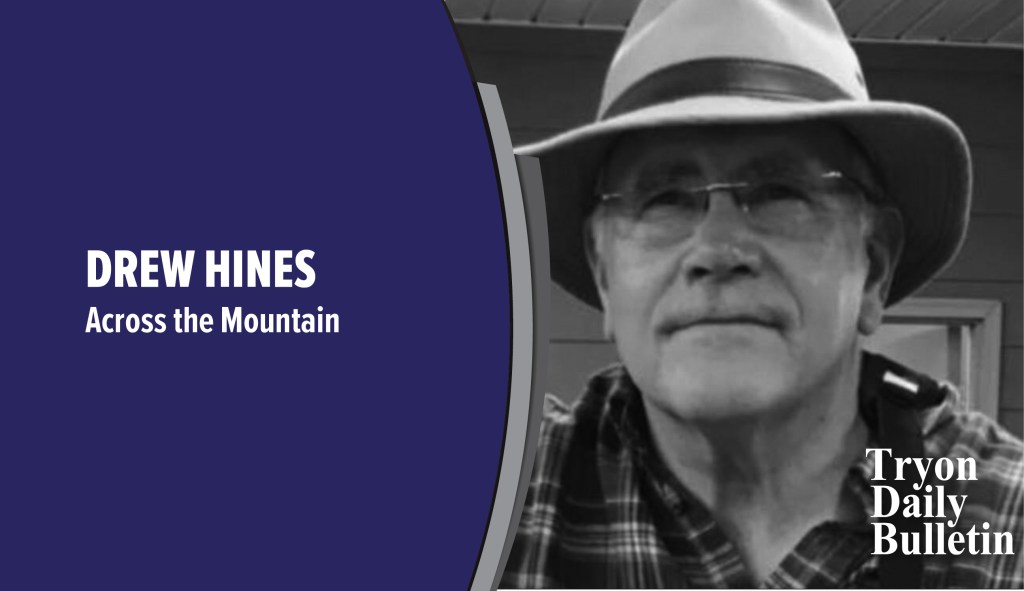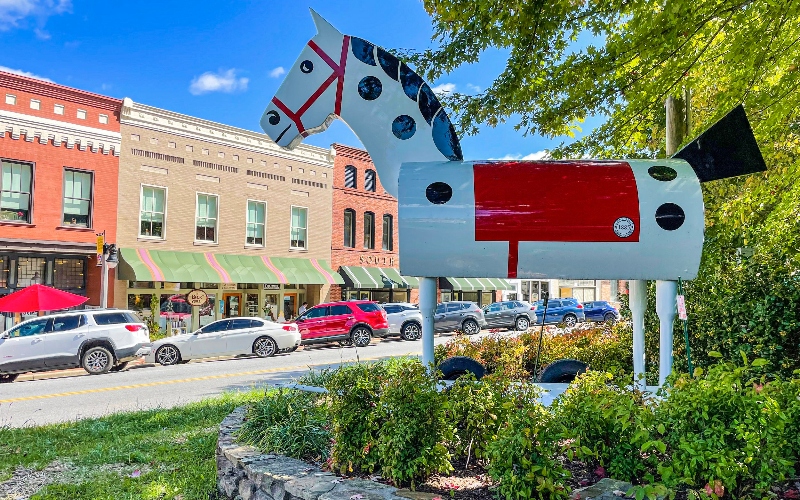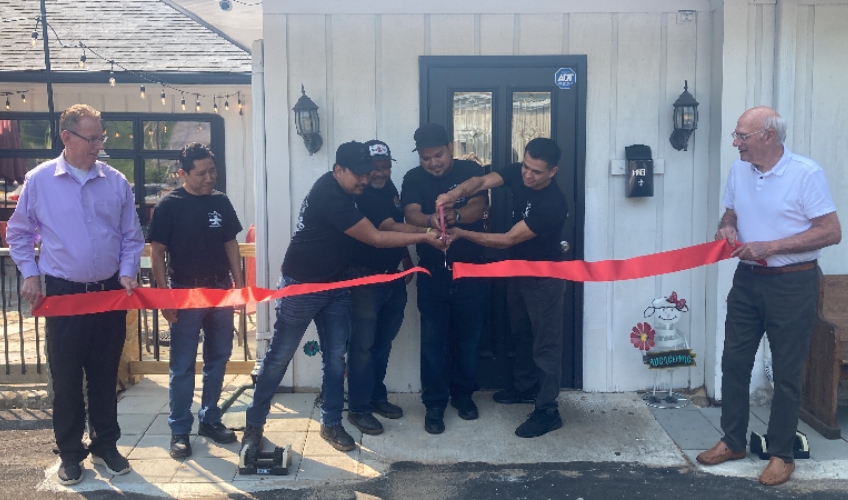The Music Man of the Mountains
Published 12:47 pm Wednesday, June 4, 2025
|
Getting your Trinity Audio player ready...
|
Lawyering was Bascom Lamar Lunsford’s vocation, but his avocation was music. Mountain music, that is. If the truth be told, he spent a lot more time pursuing the old tunes of the hill folk than he did writing up briefs. Born up in Mars Hill on March 21, 1882, Lunsford spent his whole life around Madison and Buncombe counties, eventually settling his family along South Turkey Creek in Leicester.
It was as a child Lunsford developed an ear and a love for the old-time folk music of the mountains. Many of those tunes had traveled to the Blue Ridge and Smokies from the highlands of Scotland and the dales and moors of old England. Their haunting tunes and descriptive lyrics fascinated young Bascom, who soon learned to play them on his banjo and fiddle. Early on, he recognized that these treasured ballads were quickly fading from the scene with the passing of every generation. So, he tried to write them down and chronicle their origin as best he could. After graduating from Trinity (now Duke) Law School, Lunsford set up a small law practice, married Nellie Sarah Triplett and the two began a family. But then his travels around the Appalachians really began in earnest. He famously said that he had, “Spent nights in more homes from Harper’s Ferry to Iron Mountain than anybody but God.”
His greatest joy was finding an isolated mountain cove where an elder dwelt who knew a tune or two that had come down to them from their parents or grandparents. Maybe a song that had some regional significance. It might have been a ballad about a coal mine disaster in West Virginia or Kentucky. Or maybe a song of unrequited love from East Tennessee or Northern Georgia. He would take a pencil and his worn notebook and meticulously capture every word and every melancholy phrase.
Loyal Jones, in his fine Lunsford biography, Minstrel of the Appalachians, includes an appendix with a detailed record of Bascom Lamar Lunsford’s extensive travels through the mountains, including the songs he had procured from the locals and where he found them. One of particular interest to me was about a journey Lunsford had made down into the Dark Corner near Tigerville. He identifies the Dark Corner, or Dark Corners, as he calls it, as being an area, “Between North and South Carolina.” The ballad he discovered there was called “John Kirby.” He noted it was a song about, “A Dark Corners’ killing.” Mrs. Etta McKinney was the one who shared the tune with Lunsford. I found her grave in the cemetery of Highland Baptist Church, located in the heart of the Dark Corner.
Undoubtedly, one of Bascom Lamar Lunsford’s greatest achievements was organizing the Mountain Dance and Folk Festival in Asheville, which has continued annually since 1928. Though Lunsford died in 1973, his influence is still being felt throughout the mountains. Every time someone picks up a fiddle or a banjo and launches into Barbara Allen or I Wish I was a Mole in the Ground, they are channeling the spirit of the man who became well known as the Minstrel of the Appalachians.






